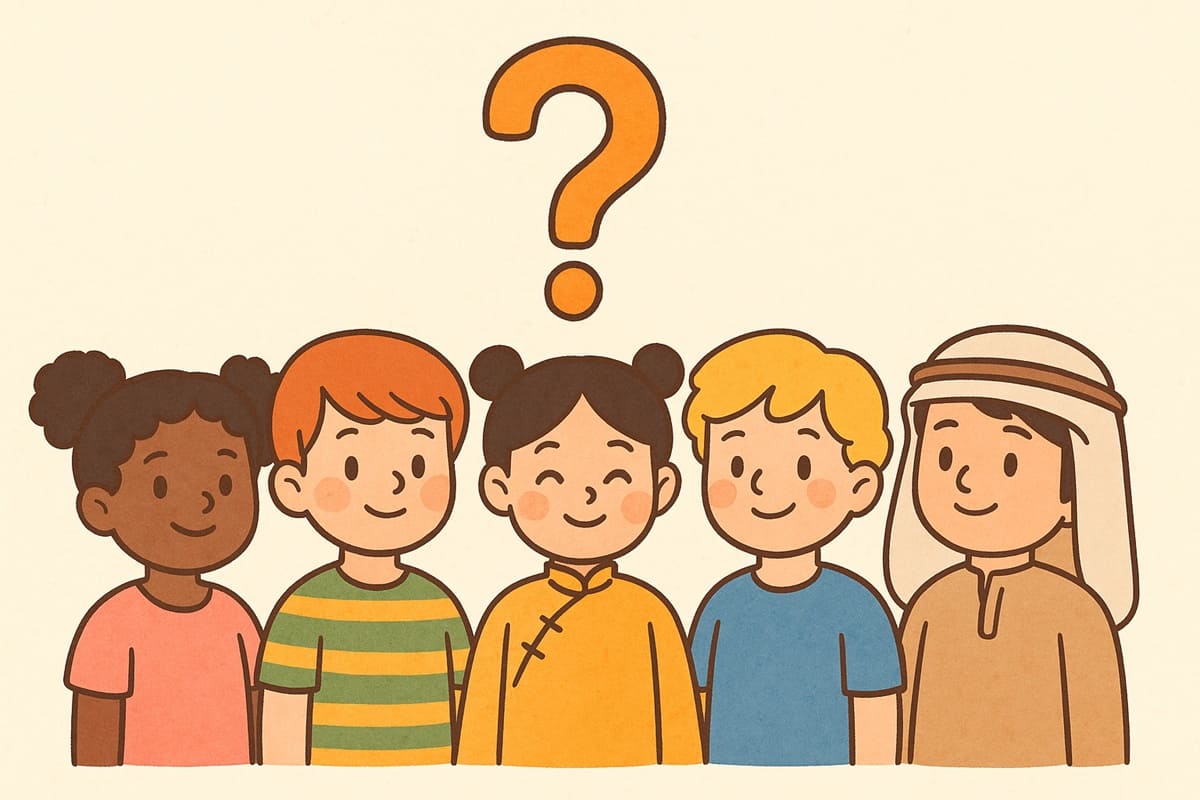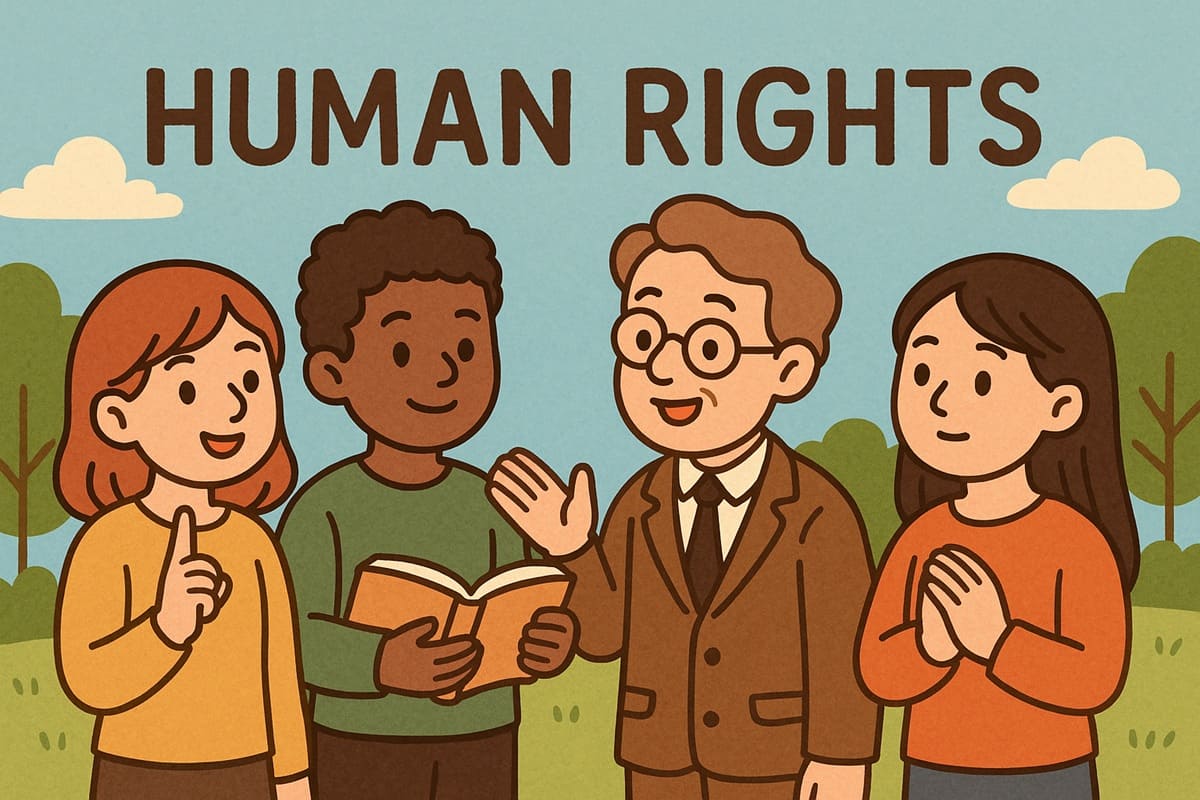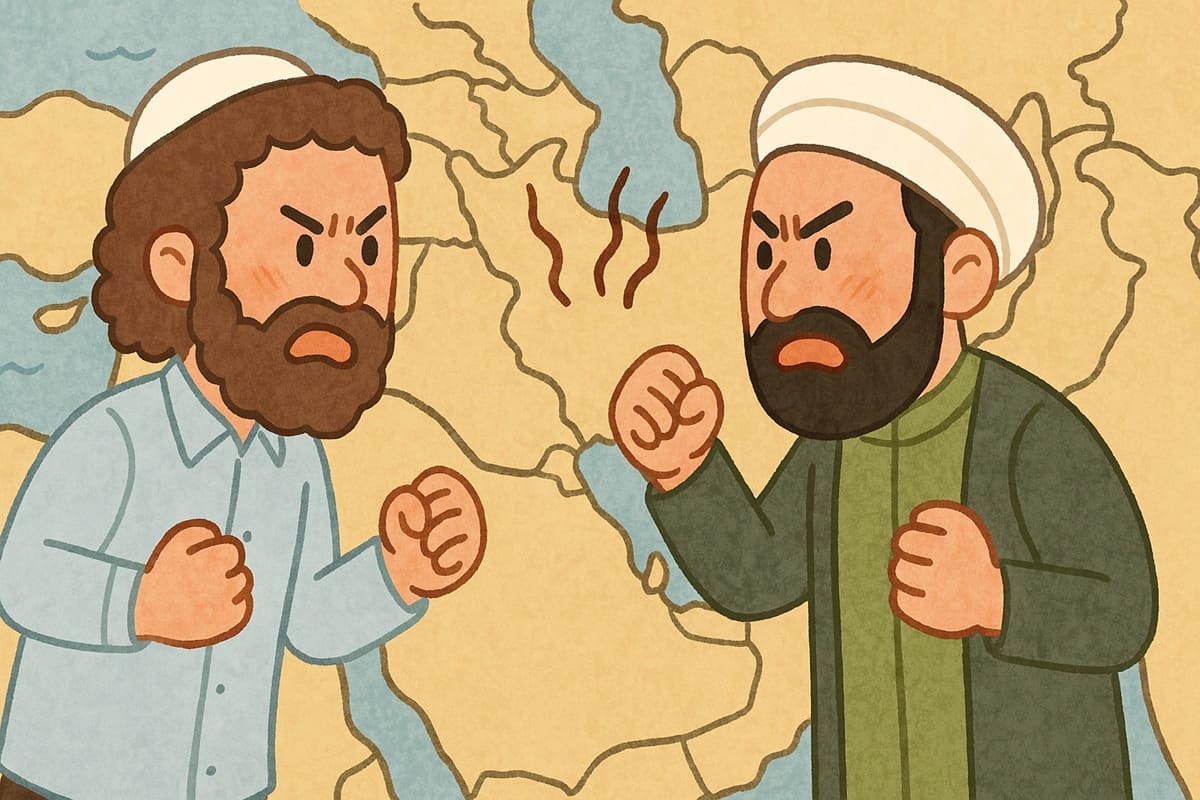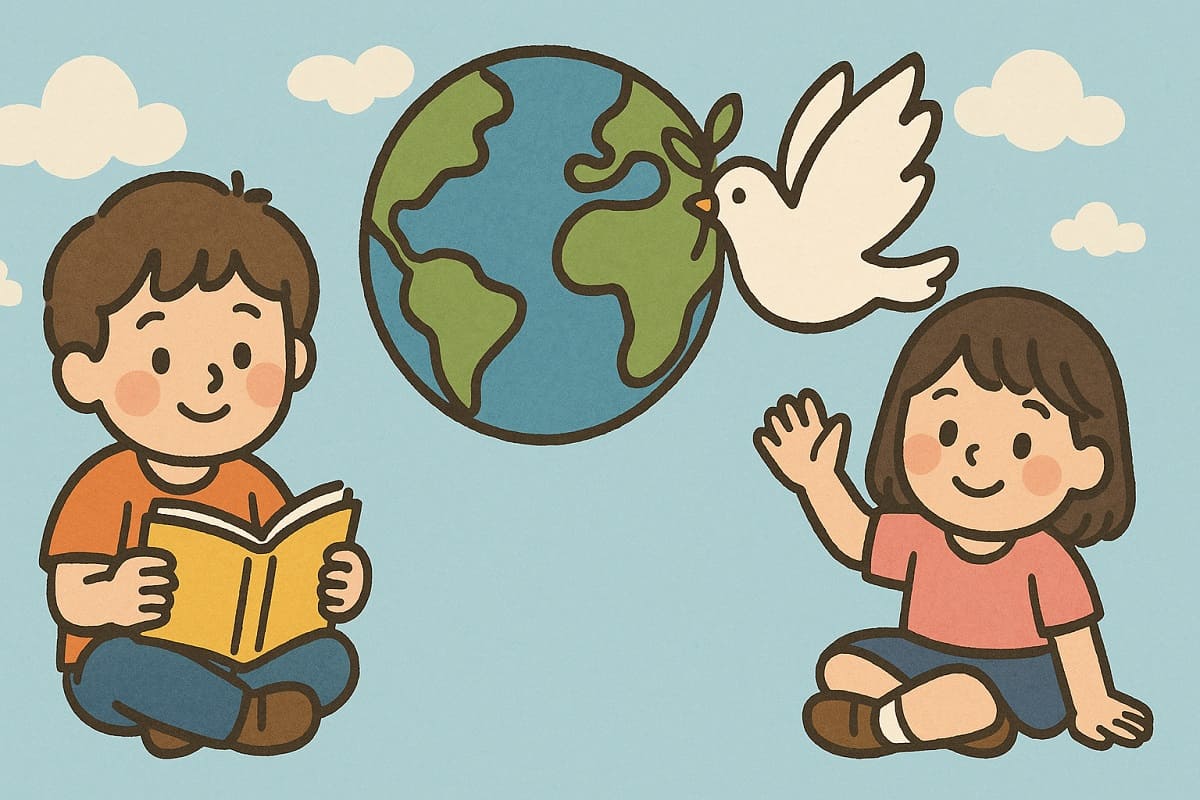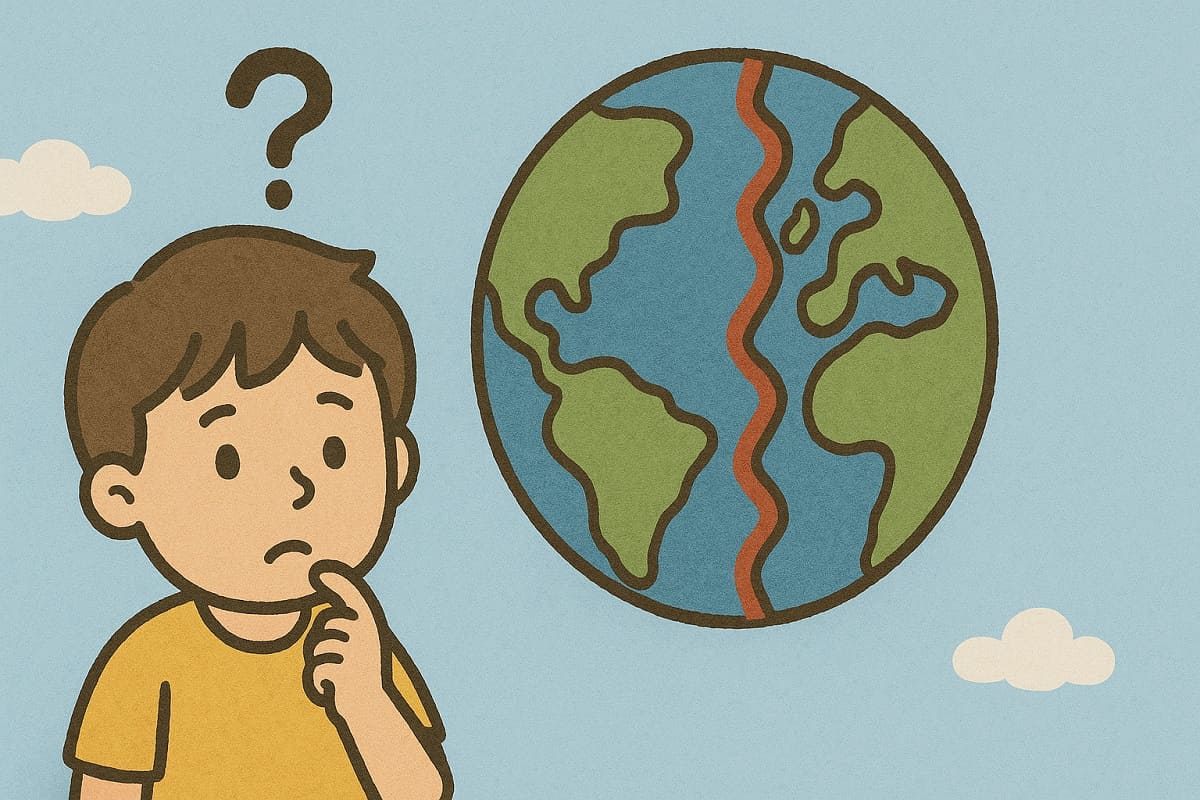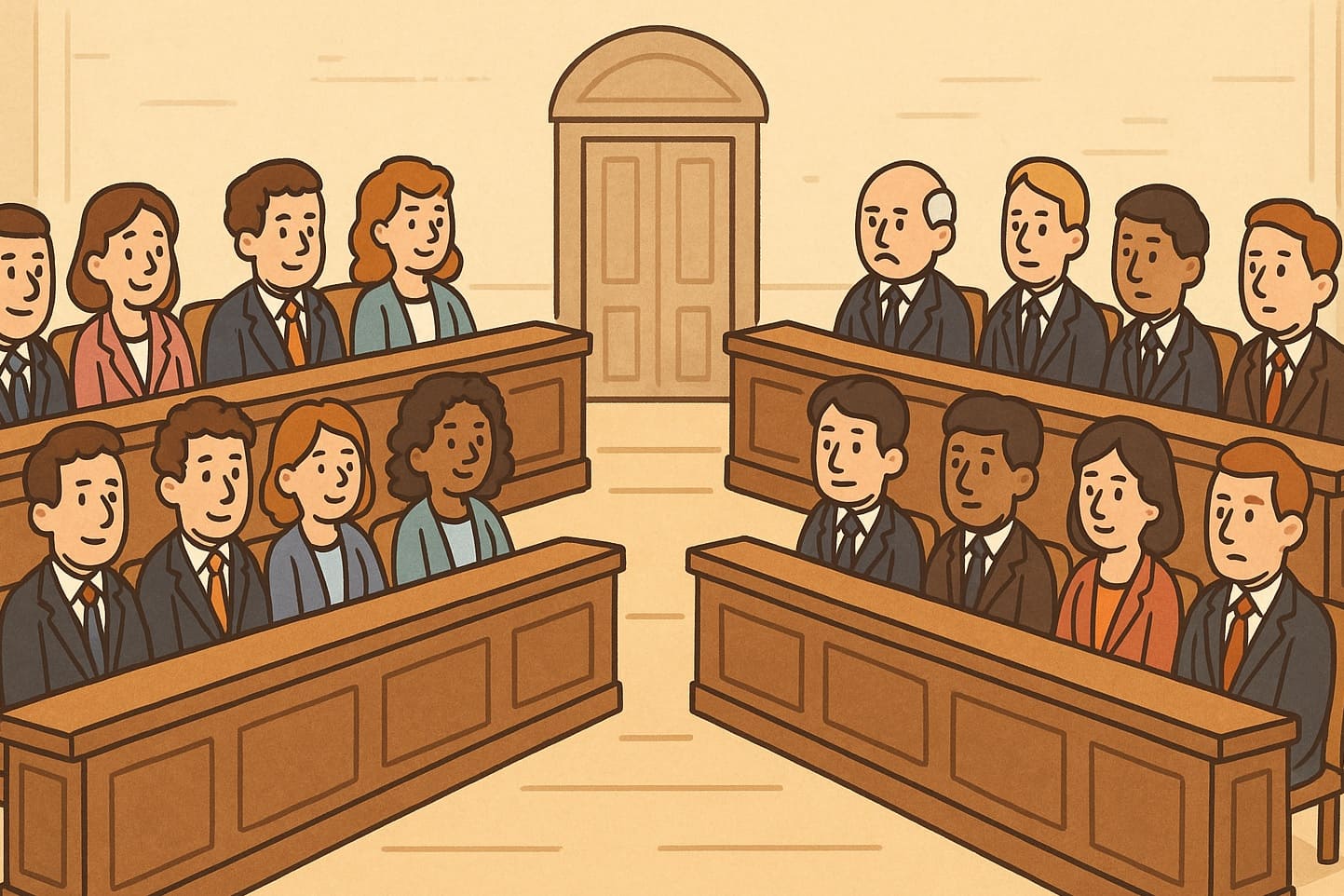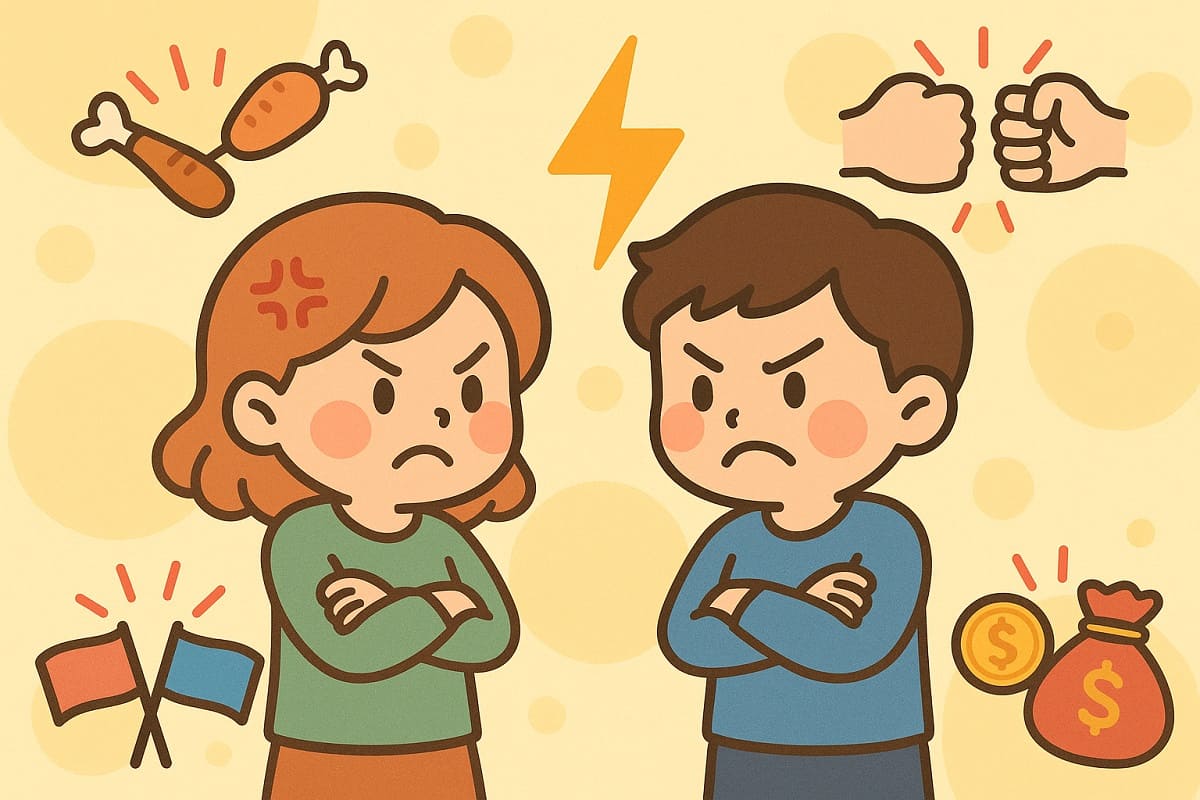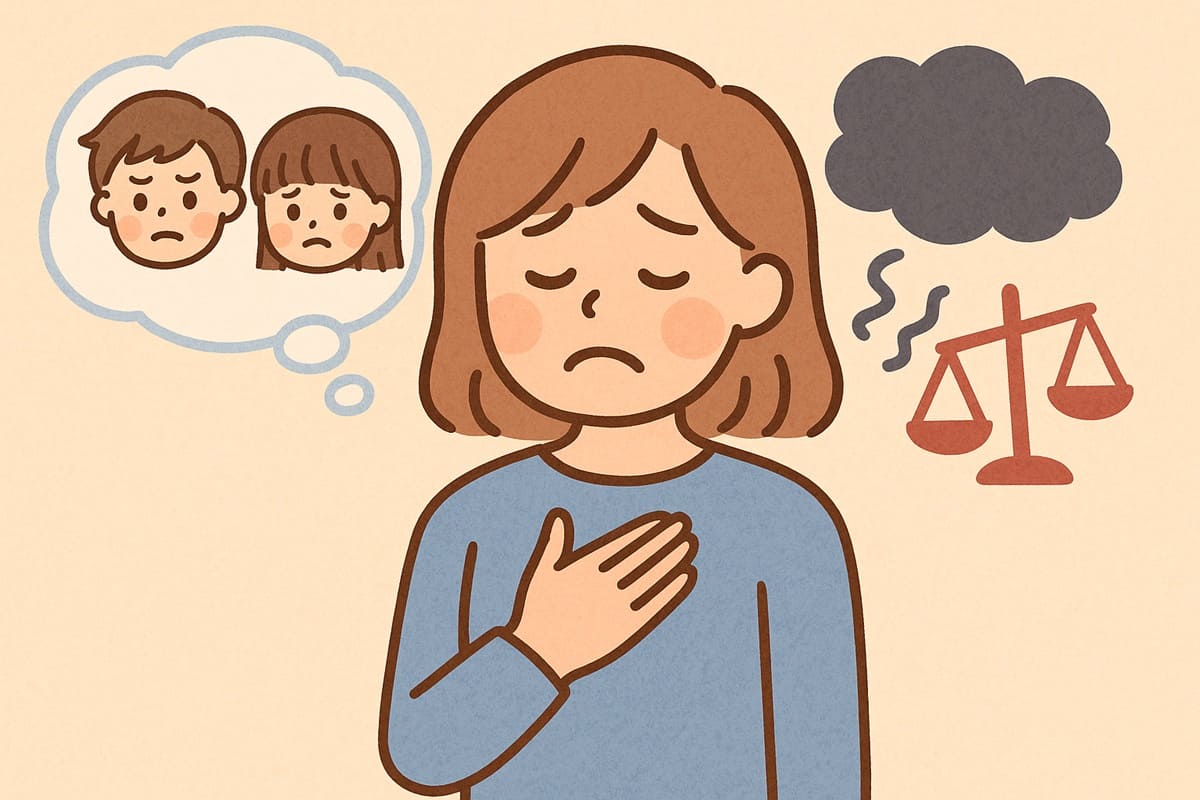Do Judaism, Christianity, and Islam Get Along?
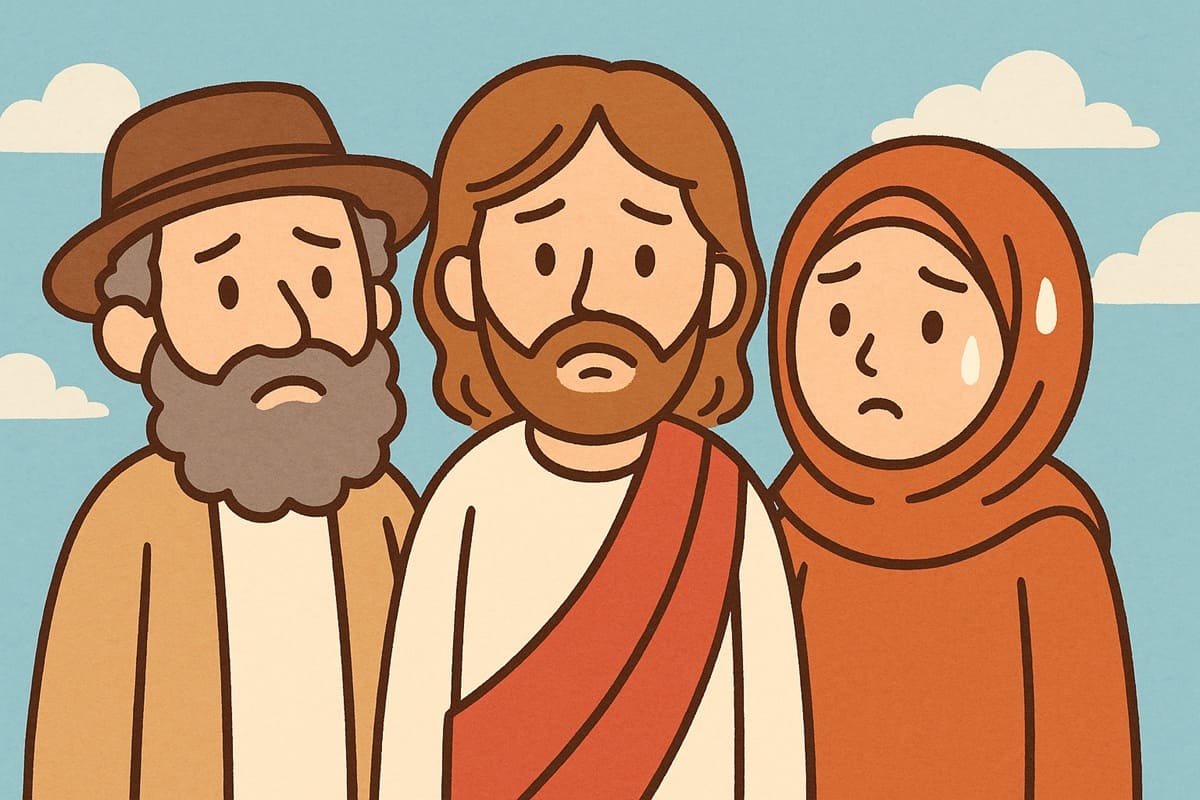
When you hear news about wars or terrorism, have you ever thought, “Is it because they believe in different religions?”
Especially with Judaism, Christianity, and Islam, you might get the impression that they are often in conflict with each other.
But in reality, these three religions are deeply connected and can even be considered like siblings.
In this article, we’ll explain in an easy-to-understand way what these religions have in common, how they differ, and whether they really get along or not.
Three Religions That Believe in the Same God
Judaism, Christianity, and Islam are all monotheistic religions, meaning they believe in only one God.
Although they call God by different names, they actually believe in the same being.
- In Judaism, God is called Yahweh
- In Christianity, God
- In Islam, Allah
The word “Allah” isn’t a name, but simply the Arabic word for “God.” It’s the same as saying “God” in English.
So, even though they use different words, these three religions share the belief in the same one God.
Are They “Sibling Religions”? — Let’s Look at Their Scriptures Too
All three religions trace their roots back to Abraham, a man who appears in the Old Testament and is seen as chosen by God. Abraham is respected in all three religions.
- Judaism focuses on the descendants of Abraham’s children and grandchildren, forming the people of Israel. Its sacred book is the Old Testament (Tanakh), especially the Torah, the law given by God to Moses.
- Christianity grew out of Judaism but believes that Jesus Christ is the Son of God. Christians use both the Old Testament and the New Testament. The New Testament contains the teachings of Jesus and his disciples.
- Islam believes that Muhammad, a descendant of Abraham’s other son Ishmael, is the final prophet. The teachings of Islam are written in the Qur’an, which is believed to be the final and most accurate message from God.
Islam also respects the Old and New Testaments to some extent but sees the Qur’an as the corrected and complete version.
Each religion has its own sacred scriptures containing the words of God, but they focus on different parts and messages.
Still, at their core, they all want to spread God’s teachings to people.
But Why Do They Fight?
You might wonder, “If they believe in the same God and are like brothers, why do they fight?”
It’s true that there have been major conflicts throughout history:
- The Crusades in the Middle Ages, where Christians fought to take back Jerusalem from Muslim control
- The Spanish Inquisition, which persecuted Jews and Muslims who didn’t convert to Christianity
- The ongoing territorial conflict between Israel (Jewish) and Palestine (mostly Muslim)
Looking at these events, it might seem like religion is the cause of conflict.
But in reality, religion is not the only reason.
In many cases, conflicts are made more complicated by land, politics, or ethnic issues, with religion becoming part of the problem.
Often, it’s radical fundamentalists, those with extreme beliefs, who make these conflicts worse.
Most People Actually Get Along
Because conflict is often shown in the news, you might think that people of different religions can’t get along.
But in reality, many people around the world live peacefully with those of other religions.
For example, in parts of the Middle East or Europe, Jews, Christians, and Muslims live together in the same towns and help each other.
In the medieval Islamic world, Jews and Christians were called “People of the Book” and were allowed to live among Muslims with respect.
It’s only a tiny group of extremists who cause problems.
Most people respect each other’s religions and live in harmony.
What’s Different in a Polytheistic Country Like Japan?
In Japan, many people believe in Shinto or Buddhism, which are based on polytheism—the belief in many gods.
In Shinto, people believe in “Yaoyorozu no Kami” (eight million gods), meaning there are gods in mountains, rivers, animals, and even tools.
This polytheistic way of thinking is flexible and accepting, allowing people to welcome different religions more easily.
On the other hand, monotheistic religions strongly believe in only one God, so sometimes it’s harder for them to accept the idea of other gods.
This difference can affect how people understand religion and how they treat those with different beliefs.
Conclusion: The Importance of Mutual Respect
Judaism, Christianity, and Islam all believe in the same God and are like sibling religions.
They may have different scriptures and ways of thinking, but they all teach the importance of respecting others and living morally.
Conflicts are usually caused not by religion itself, but by human prejudice or political problems.
What matters most is having the mindset of,
“That’s a different way of thinking, and that’s okay.”
If each of us can accept differences and respect others, then the world can become a more peaceful place for everyone.
Main References
- Armstrong, K. (1993). A History of God: The 4,000-Year Quest of Judaism, Christianity and Islam. Ballantine Books.
- Esposito, J. L. (1998). Islam: The Straight Path (3rd ed.). Oxford University Press.
- Smith, H. (1991). The World’s Religions. HarperOne.
- Peters, F. E. (2003). Islam: A Guide for Jews and Christians. Princeton University Press.
- Lewis, B. et al. (2002). The Crisis of Islam: Holy War and Unholy Terror. Modern Library.
